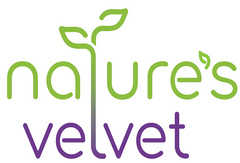Vitamin D-3 600 IU Supplement (60 Softgels)
*Nature’s Velvet Vitamin D3 (cholecalciferol) is a nutrient good for calcium absorption and strong bones. Good for bones and teeth and immune health.
Immune health
Vitamin D “Sunshine Vitamin” and its positive effects on bone health, the immune system, and good health in general.










